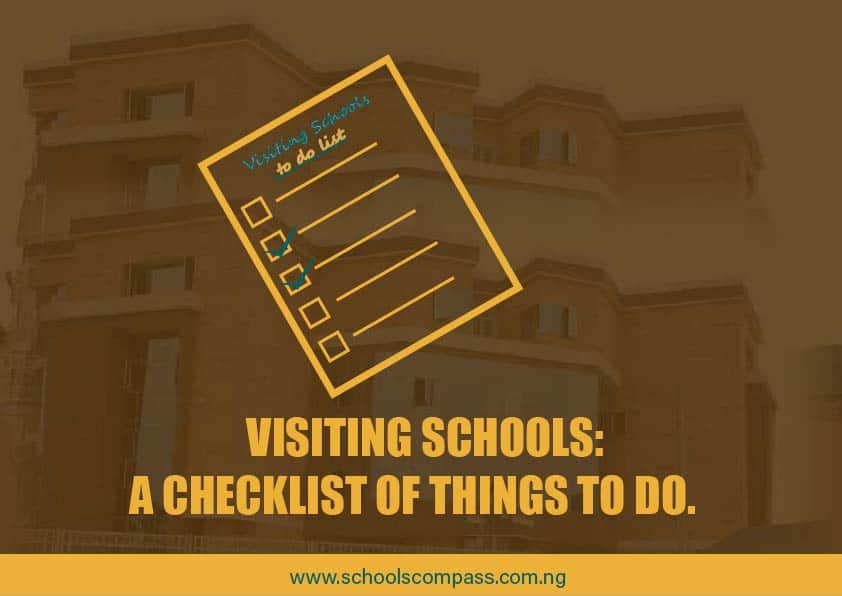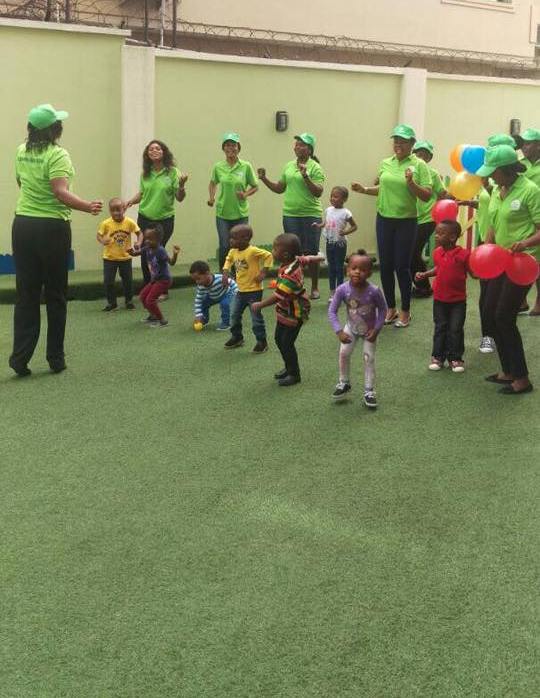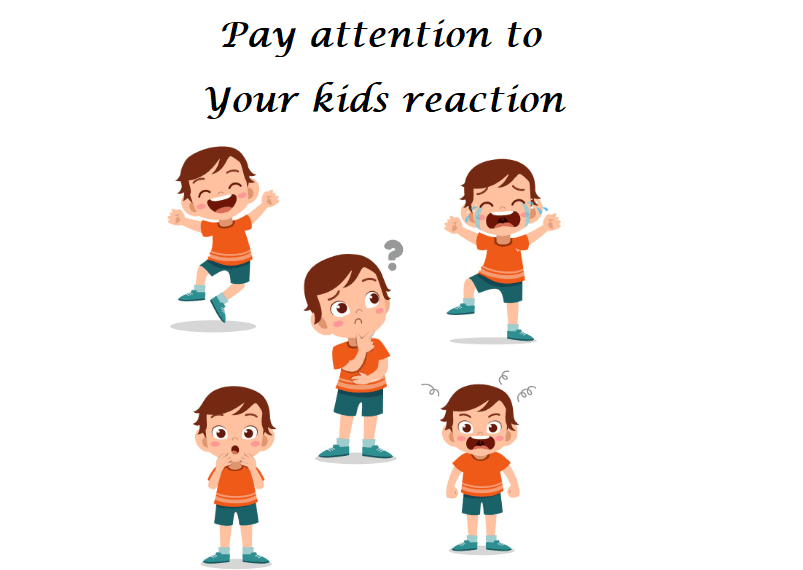
As any parent will tell you, finding the right school for your child can be really stressful and sometimes confusing, especially when you do not seem to be making any progress. Dropping them at school on the first day of resumption is even easier than the process you go through while searching for the right school, but there are several steps you go through before then. First, you get a list of schools you have an interest in using SchoolsCompass. Next, you will have to select the best ones after you might have eliminated those who do not meet with your child’s needs, do not fall within your budget, or are removed based on some other reasons better known to you. You have probably 2 or 3 schools on your list.
Now that you have a list you want to work on, the next step in that process is to visit the school with your child. When you are in search of a school, the interest of your child and their specific needs should be the guide in your decision-making. You want a school where your child can learn, grow, and develop their potential. So visiting the school is a crucial process as it gives you the chance to ask questions and see things that cannot be provided by the website. You meet with members of the staff, communicate with the students, have a proper look at their facilities, and know if your child likes the school. Here is our list of things you do when you visit a school.
1. Check out the School Campus

This is the environment where the learning is done, so you would want it to be as conducive as possible for your child, remembering they will be spending most of their time there. Ensure that the classrooms are in good condition, do they have adequate facilities that can cater to the holistic development of your child? Also, check out if there are spaces where they can engage in sporting activities. Go to the computer room, libraries, laboratories, sickbay, etc. do not neglect any. If you are interested in their boarding section, have a look at their hostels, the rooms they stay in, check their canteen/cafeteria, what is the quality of food they are being fed? You would want to be sure of the food your child would be eating. The toilets should not be left out, you do not want your child to get sick every now and then. Other questions you can ask;
Does the school have transport facilities?
Do they have after-school care, should in case you would be coming later from work?
2. The Members Of Staff

You have an idea of the things to see once you get to the school, do you know about the teachers? You should take time to talk to the teachers also, test their intelligence. Ask them questions about their training, what they teach, the method they use in teaching, how good they are with the use of computers, etc. You sure do not want a dullard to teach your child. The school might be good to look at, but once you have a pack of incompetent teachers, that same attitude and level of intelligence will be used to train the students which might translate to poor academic excellence. Also, ascertain from the teacher how they help students that are struggling with their academics. Ask them about the success rates of their students, what is the success rate of the students in their external examination as a whole? All these will tell you if your child will be in the right hand or not. Do not also neglect the non-teaching staff, even though they are not teaching the students, they are also in the business of taking care of the students. The cleaners, the nurse, hostel patrons and matrons, the kitchen people, etc.
3. The Students

The students are actually the best way to know if the school is bad or not. While other things might appear staged or too perfect to be true, engaging the students will open your eyes to many things. They are open-minded and ready to express their true feelings about something. Observe their dressing, if you are opportune to be around during their playtime, observe how they interact among themselves. A school with a good student-student relationship shows that there is unity and you’ll want it to be as easy as possible for your child to socialize with peers. Ask if you can sit or briefly look in on some classes and note the student-teacher relationship. How do the students also behave in class, are they allowed to work as a team or individually, and how exactly are the teachers able to handle the class. All of these are important points to how the school is exactly.
4. Your Child’s Reaction

What you are doing is for your child, which is why it is better to go on a visit to a school with him/her. While you are still in the school, observe their reactions to every part of the school you guys visit. If you ask them what they feel about the school while you are still there, they might respond with what they feel you want to hear rather than how they feel about it. Keep your ears and eyes open to observe their body movement, take note of their comments during the visit. After the visit, give them time to process everything they have seen, then ask them questions about what they think and feel about the school. You will be surprised at a whole new perspective that they might open your eyes too as well.
5. Ask Questions

No school will want to lose their prospective parents, they will always want to do what is right to make the child enroll. You should use that opportunity to ask questions. It is your right to know, that is why you are visiting. If after the first visit you feel you still have some unanswered questions, you can organize another visit, and the school will be ready to answer you. Every question asked are steps towards you making that informed decision.
